On July 27, top court had upheld the validity of various provisions of PMLA and said that it is not mandatory to give ECIR to the concerned person.
The Supreme Court on Thursday agreed to examine a plea seeking a review of the PMLA verdict which upheld the Enforcement Directorate's powers, including those relating to arrest, and sought response from the Centre on the issue.
A Bench of Chief Justice of India N V Ramana, also comprising Justice Dinesh Maheshwari and C T Ravikumar, said that while the objective of PMLA is noble and the offence of money laundering is serious, certain aspects of the judgment would need a relook.
The two aspects which the Court specifically highlighted are not providing the accused with a copy of the Enforcement Case Information Report (ECIR) and reversal of presumption of innocence.
"We are completely in support of prevention of black money or money laundering. Country cannot afford such offence. Object is noble. (But) no providing of ECIR and reversal of presumption of innocence which are two issues which needs reconsideration as per us," the CJI remarked.
On July 27, the top court had upheld the Constitutional validity of various provisions of the PMLA and said that it is not mandatory give an Enforcement Case Information Report (ECIR) in every case to the person concerned.
It is enough if the Enforcement Directorate (ED) discloses grounds at the time of arrest, said a bench headed by Justice A M Khanwilkar.
The top court’s ruling came on a batch of 241 petitions, most of them filed by opposition leaders, which challenged several stringent provisions of PMLA in proceeds of crime, search and seizure, power of arrest, attachment of properties, and bail.
The court had upheld the validity of Sections 3 (definition of money laundering), 5 (attachment of property), 8(4) [taking possession of attached property), 17 (search and seizure), 18 (search of persons), 19 (powers of arrest), 24 (reverse burden of proof), 44 (offences triable by special court), 45 (offences being cognizable and non-bailable and twin conditions for grant of bail by court) and 50 (statements made to ED officials).
"ECIR cannot be equated with FIR and ECIR is an internal document of ED. Supply of ECIR to accused is not mandatory and only disclosure of reasons during arrest is enough. Even the ED manual is not to be published since it is an internal document," the judgment had said.
The three-judge bench, in its July 27 order, had also underlined that “the principle of innocence of the accused/ offender is regarded as a human right” but “that presumption can be interdicted by a law made by the Parliament/ Legislature”.
![submenu-img]() Vicky Vidya Ka Woh Wala Video: 90s' news readers Rajkummar Rao, Triptii Dimri announce ‘parivarik’ film in hilarious way
Vicky Vidya Ka Woh Wala Video: 90s' news readers Rajkummar Rao, Triptii Dimri announce ‘parivarik’ film in hilarious way![submenu-img]() Weather Update: IMD predicts rainfall in Delhi till this day; issues red alert for these states; check full forecast
Weather Update: IMD predicts rainfall in Delhi till this day; issues red alert for these states; check full forecast![submenu-img]() After Shakib Al Hasan, Ex-Bangladesh captain Mashrafe Mortaza booked for...
After Shakib Al Hasan, Ex-Bangladesh captain Mashrafe Mortaza booked for...![submenu-img]() AlphaVision Management Consultants LLP Aims to Propel India's Economy to $5 Trillion Milestone
AlphaVision Management Consultants LLP Aims to Propel India's Economy to $5 Trillion Milestone![submenu-img]() Premium Pet House Sells 300 Golden Retriever Puppies In August; Addresses The Breed’s Increasing Demand In India
Premium Pet House Sells 300 Golden Retriever Puppies In August; Addresses The Breed’s Increasing Demand In India![submenu-img]() Bihar Land Survey क्या है? जिसपर मचा है सियासी घमासान, जानें पूरी प्रक्रिया
Bihar Land Survey क्या है? जिसपर मचा है सियासी घमासान, जानें पूरी प्रक्रिया![submenu-img]() Divorce Perfume: क्या है 'तलाक वाला परफ्यूम', जिसकी ओनर हैं दुबई की राजकुमारी, डिटेल में जानिए
Divorce Perfume: क्या है 'तलाक वाला परफ्यूम', जिसकी ओनर हैं दुबई की राजकुमारी, डिटेल में जानिए![submenu-img]() iPhone 16 Pro और iPhone 16 Pro max का कैसा है परफॉर्मेंस? जानें कीमत और फीचर्स
iPhone 16 Pro और iPhone 16 Pro max का कैसा है परफॉर्मेंस? जानें कीमत और फीचर्स![submenu-img]() Malaika Arora के पिता का अंतिम संस्कार, मां संग श्मशान घाट पहुंची, अरबाज-अर्जुन सहित कई सितारे भी पहुंचे
Malaika Arora के पिता का अंतिम संस्कार, मां संग श्मशान घाट पहुंची, अरबाज-अर्जुन सहित कई सितारे भी पहुंचे![submenu-img]() J-K Elections: जम्मू-कश्मीर में अब तक किन पार्टियों की रही हैं सरकारें, कौन रहा सबसे ज्यादा समय तक सीएम?
J-K Elections: जम्मू-कश्मीर में अब तक किन पार्टियों की रही हैं सरकारें, कौन रहा सबसे ज्यादा समय तक सीएम? ![submenu-img]() This car sets new Guinness world record for becoming longest driving EV on a single charge; it cost Rs…
This car sets new Guinness world record for becoming longest driving EV on a single charge; it cost Rs…![submenu-img]() MG Windsor EV launched in India: Check price, features, design of India’s first ‘CUV’
MG Windsor EV launched in India: Check price, features, design of India’s first ‘CUV’![submenu-img]() Nikhil Kamath-backed company to compete with Ola Electric as it plans to launch…
Nikhil Kamath-backed company to compete with Ola Electric as it plans to launch…![submenu-img]() Auto giant gifts Olympic medallist Manu Bhaker this car, it costs Rs...
Auto giant gifts Olympic medallist Manu Bhaker this car, it costs Rs...![submenu-img]() Union Minister Nitin Gadkari says this big carmaker ignored his advice on EVs, 'now they've…'
Union Minister Nitin Gadkari says this big carmaker ignored his advice on EVs, 'now they've…'![submenu-img]() Meet Alankrita Shakshi, hired for record-breaking package at Google, not from IIT, IIM, her whopping salary is…
Meet Alankrita Shakshi, hired for record-breaking package at Google, not from IIT, IIM, her whopping salary is…![submenu-img]() Meet woman who left high-paying engineering job to crack UPSC exam, got AIR 6 with self-study, she is now posted as…
Meet woman who left high-paying engineering job to crack UPSC exam, got AIR 6 with self-study, she is now posted as…![submenu-img]() Meet man, who was forced to marry at 11, had first child at 20, cracked NEET exam in 5th attempt, he is now...
Meet man, who was forced to marry at 11, had first child at 20, cracked NEET exam in 5th attempt, he is now...![submenu-img]() Meet woman, who worked as an assistant professor, cracked UPSC exam in fifth attempt, got AIR...
Meet woman, who worked as an assistant professor, cracked UPSC exam in fifth attempt, got AIR...![submenu-img]() Meet Indian genius who completed PhD at 21, became IIT professor at 22, was sacked from job after few years due to...
Meet Indian genius who completed PhD at 21, became IIT professor at 22, was sacked from job after few years due to...![submenu-img]() BSF Jawan Injured As Pakistan Violates Ceasefire Near LoC Days Before Jammu Kashmir Elections 2024
BSF Jawan Injured As Pakistan Violates Ceasefire Near LoC Days Before Jammu Kashmir Elections 2024![submenu-img]() Rahul Gandhi US Visit: Rahul Gandhi Criticizes BJP And RSS At National Press Club, US | INDIA
Rahul Gandhi US Visit: Rahul Gandhi Criticizes BJP And RSS At National Press Club, US | INDIA![submenu-img]() Kolkata Doctor Case: ED Reveals Properties Of RG Kar Ex-Principal Sandip Ghosh Found In Raids
Kolkata Doctor Case: ED Reveals Properties Of RG Kar Ex-Principal Sandip Ghosh Found In Raids![submenu-img]() Manipur Violence: Curfew Imposed In Three Manipur Districts Amid Drone, Rocket Attacks By Insurgents
Manipur Violence: Curfew Imposed In Three Manipur Districts Amid Drone, Rocket Attacks By Insurgents![submenu-img]() Kolkata Doctor Case: Victim's Mother Blasts CM Mamata Banerjee's 'Insensitive' Durga Puja call
Kolkata Doctor Case: Victim's Mother Blasts CM Mamata Banerjee's 'Insensitive' Durga Puja call![submenu-img]() AlphaVision Management Consultants LLP Aims to Propel India's Economy to $5 Trillion Milestone
AlphaVision Management Consultants LLP Aims to Propel India's Economy to $5 Trillion Milestone![submenu-img]() This car sets new Guinness world record for becoming longest driving EV on a single charge; it cost Rs…
This car sets new Guinness world record for becoming longest driving EV on a single charge; it cost Rs…![submenu-img]() Ratan Tata's company loses Rs 21881 crore in 6 hrs due to...
Ratan Tata's company loses Rs 21881 crore in 6 hrs due to...![submenu-img]() Meet man, who was abandoned as child, runs Rs 3608487 crore company, richer than Mark Zuckerberg, his net worth is...
Meet man, who was abandoned as child, runs Rs 3608487 crore company, richer than Mark Zuckerberg, his net worth is...![submenu-img]() Meet woman who became CEO at 30, has this Mukesh Ambani, Isha Ambani link, she is...
Meet woman who became CEO at 30, has this Mukesh Ambani, Isha Ambani link, she is...![submenu-img]() This actress became star at 11, was shot dead by husband on son's birthday; then her daughter...
This actress became star at 11, was shot dead by husband on son's birthday; then her daughter...![submenu-img]() Carlos Alcaraz to Aryna Sabalenka: World’s highest-paid Tennis players of 2024
Carlos Alcaraz to Aryna Sabalenka: World’s highest-paid Tennis players of 2024![submenu-img]() Made in Rs 6 lakh, grossed Rs 800 crore, bigger than RRR, Jawan: Why most profitable film ever paid actors just Rs 20000
Made in Rs 6 lakh, grossed Rs 800 crore, bigger than RRR, Jawan: Why most profitable film ever paid actors just Rs 20000![submenu-img]() Priyanka Chopra stuns in black, poses with Kim Kardashian, Julianne Moore, Salma Hayek at Caring for Women dinner
Priyanka Chopra stuns in black, poses with Kim Kardashian, Julianne Moore, Salma Hayek at Caring for Women dinner![submenu-img]() US 9/11 attack: 7 lesser known facts about September 11 terror attack
US 9/11 attack: 7 lesser known facts about September 11 terror attack![submenu-img]() Weather Update: IMD predicts rainfall in Delhi till this day; issues red alert for these states; check full forecast
Weather Update: IMD predicts rainfall in Delhi till this day; issues red alert for these states; check full forecast![submenu-img]() Premium Pet House Sells 300 Golden Retriever Puppies In August; Addresses The Breed’s Increasing Demand In India
Premium Pet House Sells 300 Golden Retriever Puppies In August; Addresses The Breed’s Increasing Demand In India![submenu-img]() J-K: Two terrorists killed in intense encounter near Kathua-Udhampur border
J-K: Two terrorists killed in intense encounter near Kathua-Udhampur border![submenu-img]() BJP members protest against Rahul Gandhi over his 'Sikh remarks' in US, seeking...
BJP members protest against Rahul Gandhi over his 'Sikh remarks' in US, seeking...![submenu-img]() J&K terror funding case: ‘My fight is for…’, says MP Engineer Rashid after walking out of Tihar jail on bail ahead of…
J&K terror funding case: ‘My fight is for…’, says MP Engineer Rashid after walking out of Tihar jail on bail ahead of…


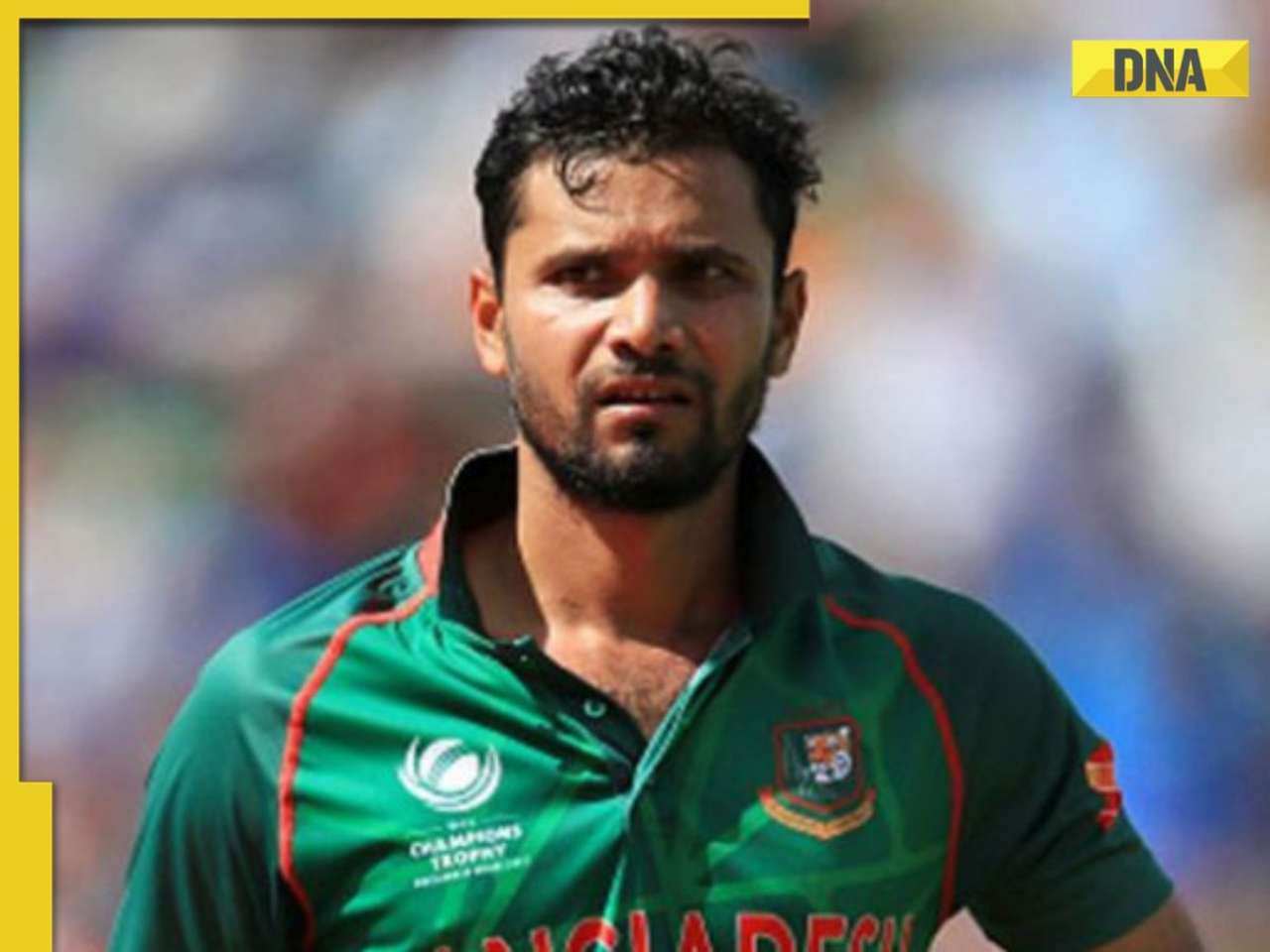







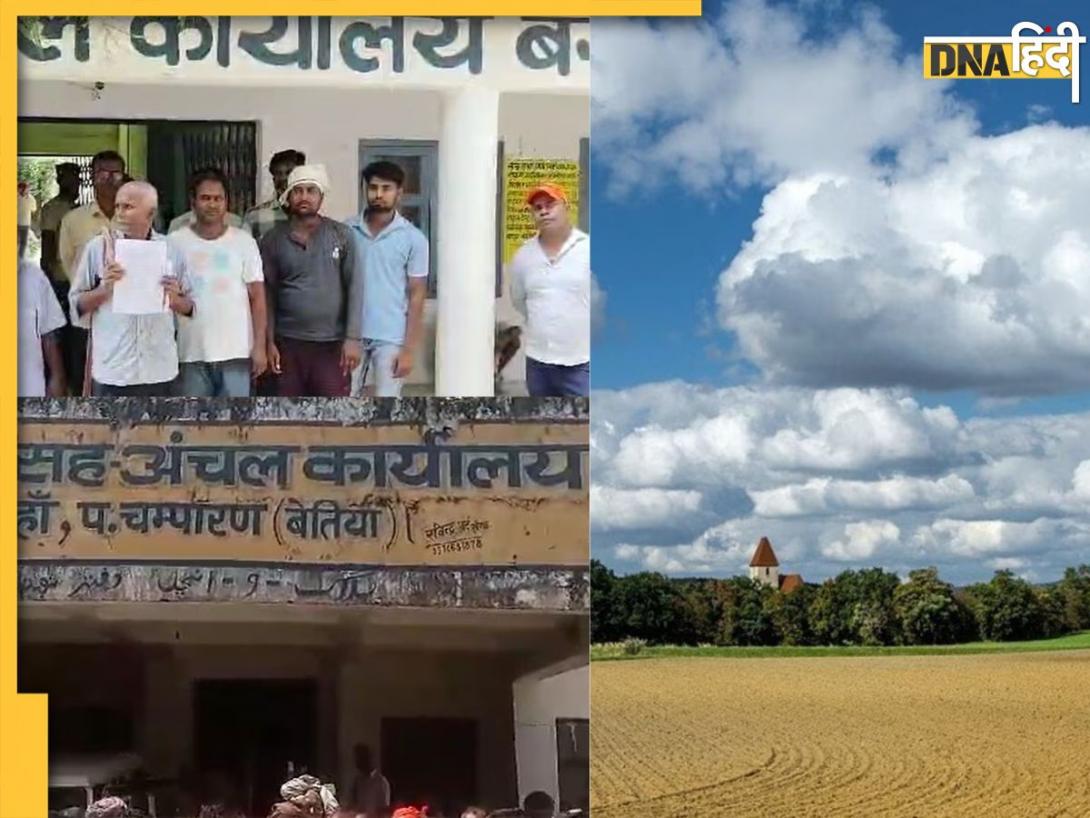



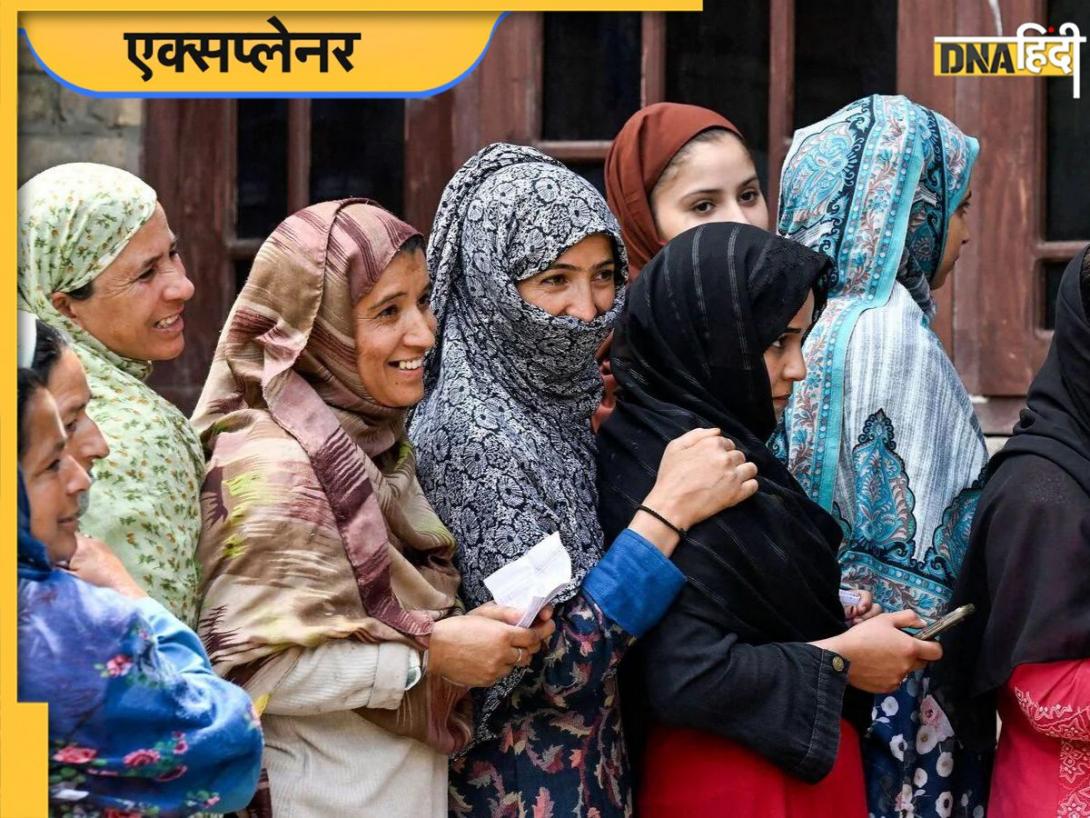




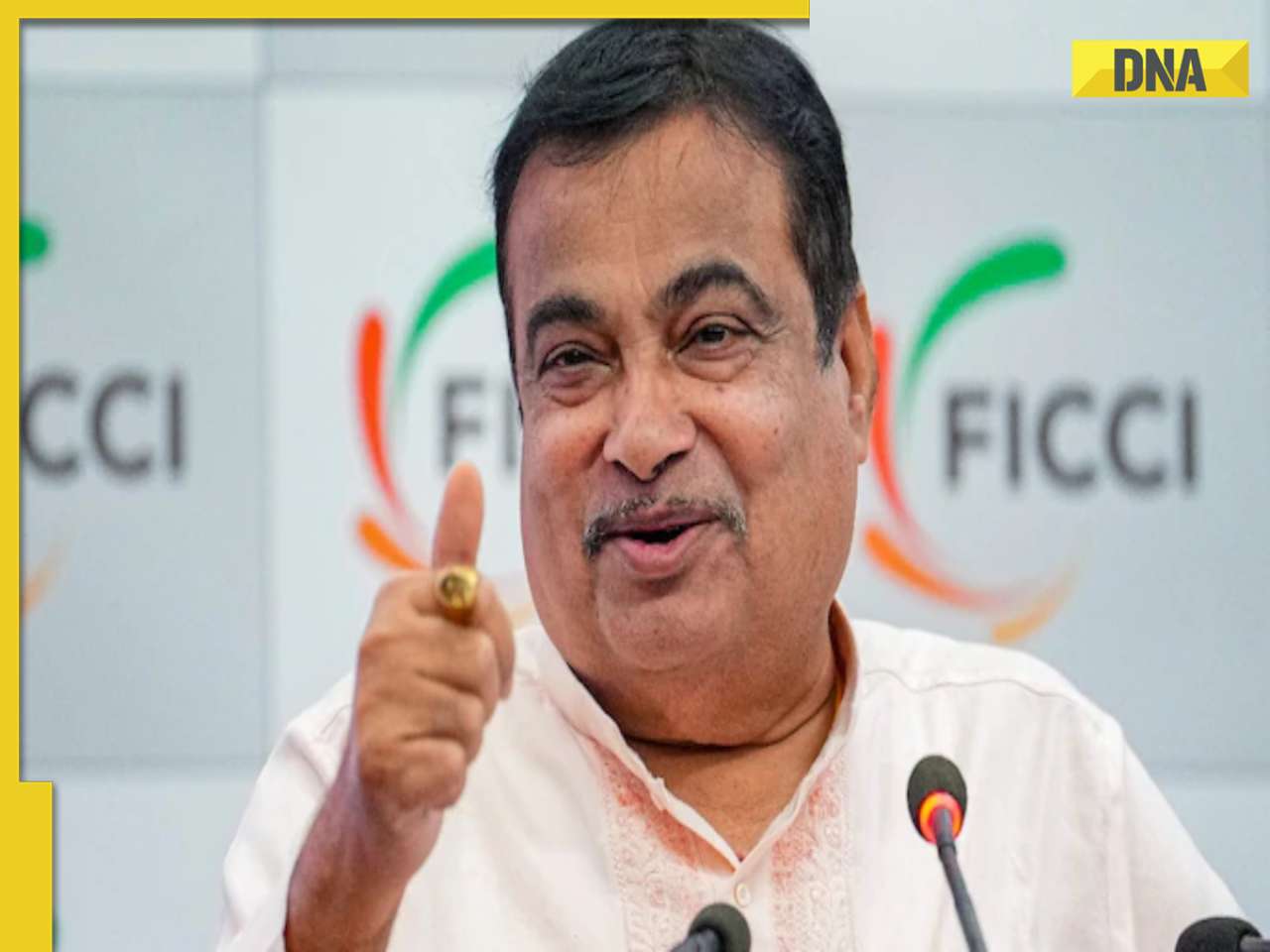









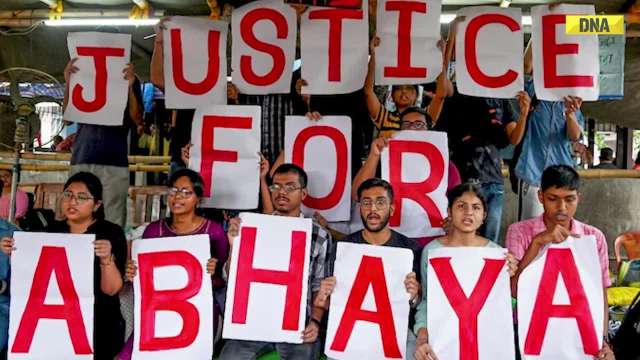
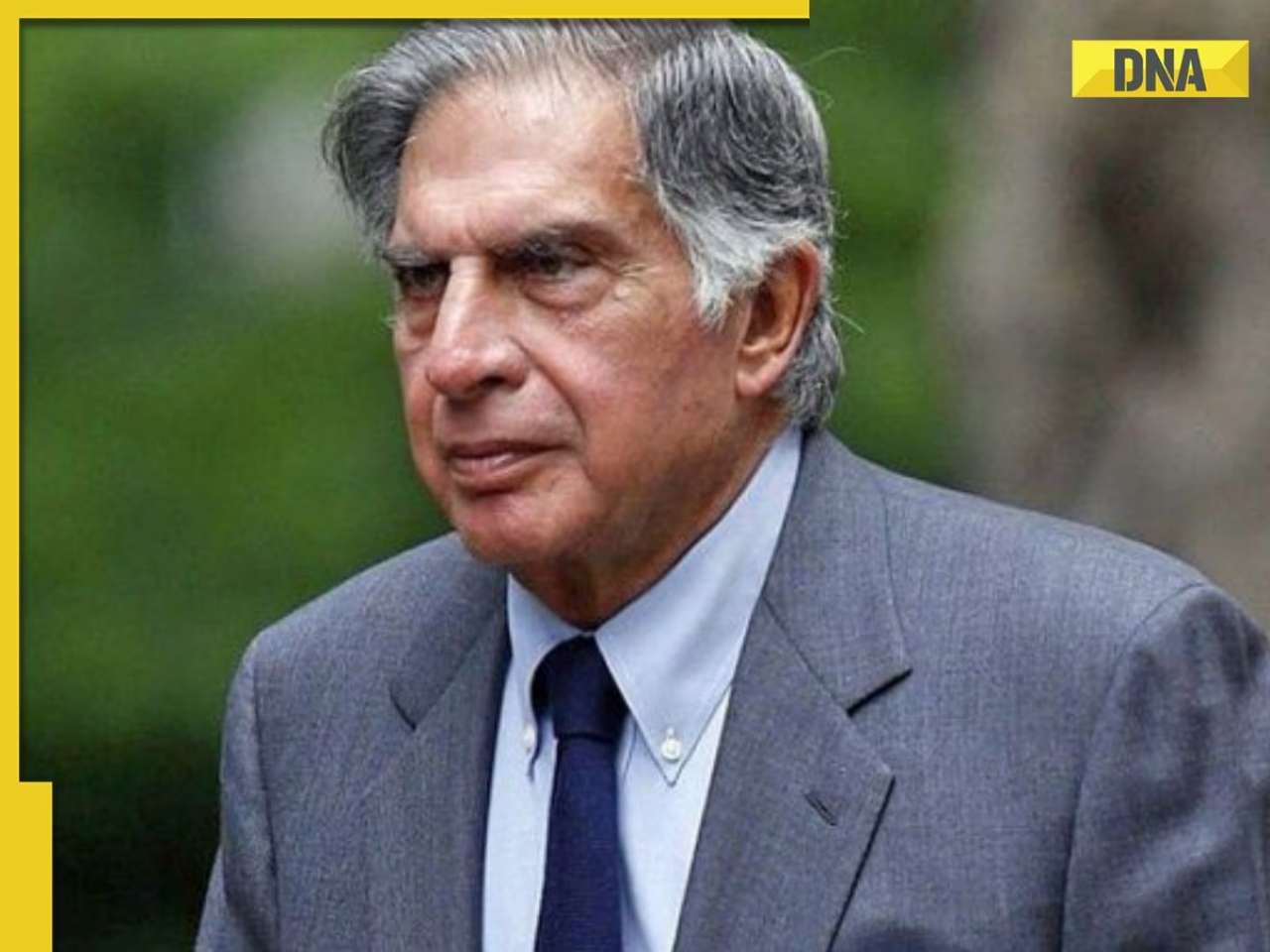
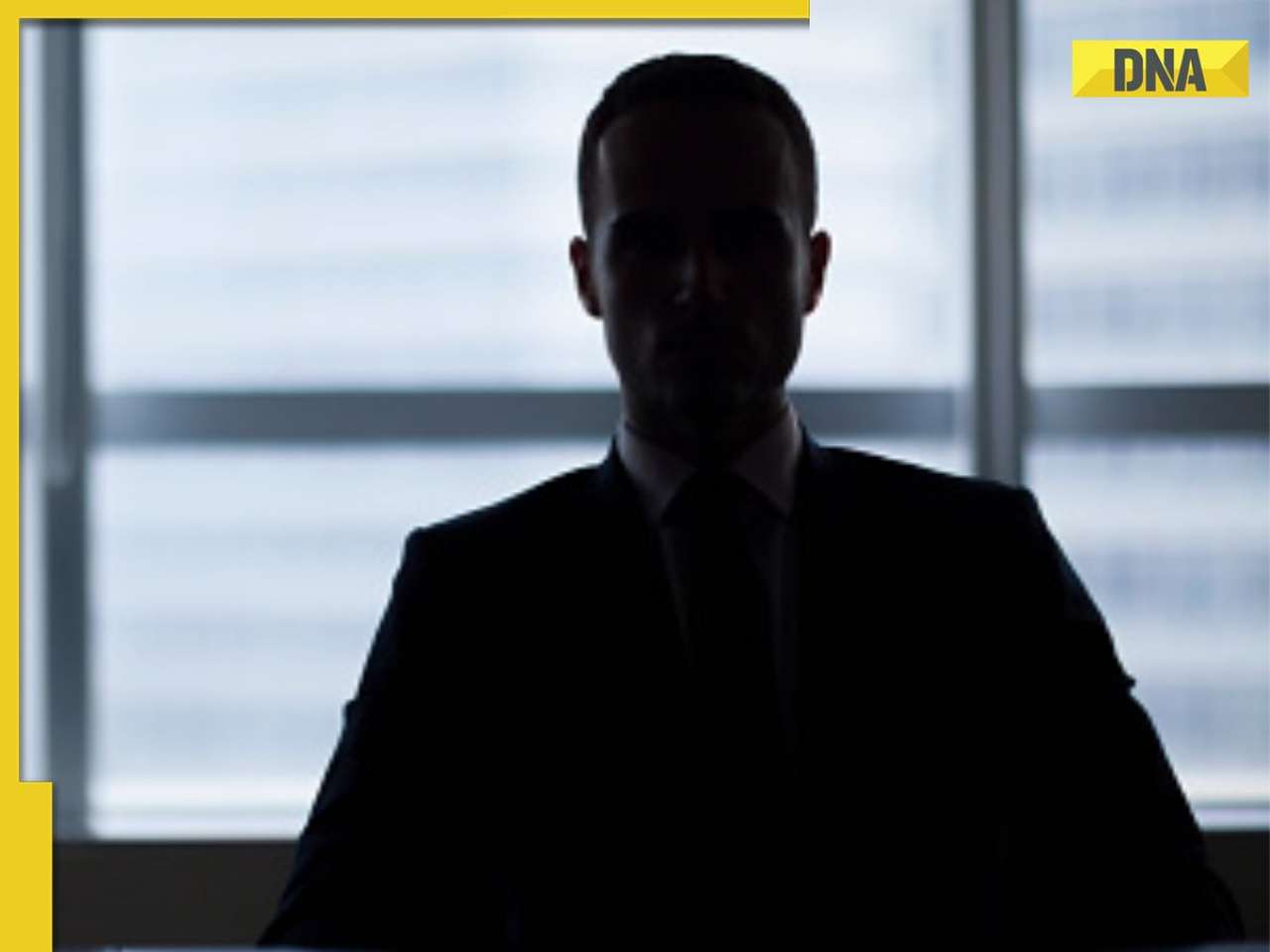






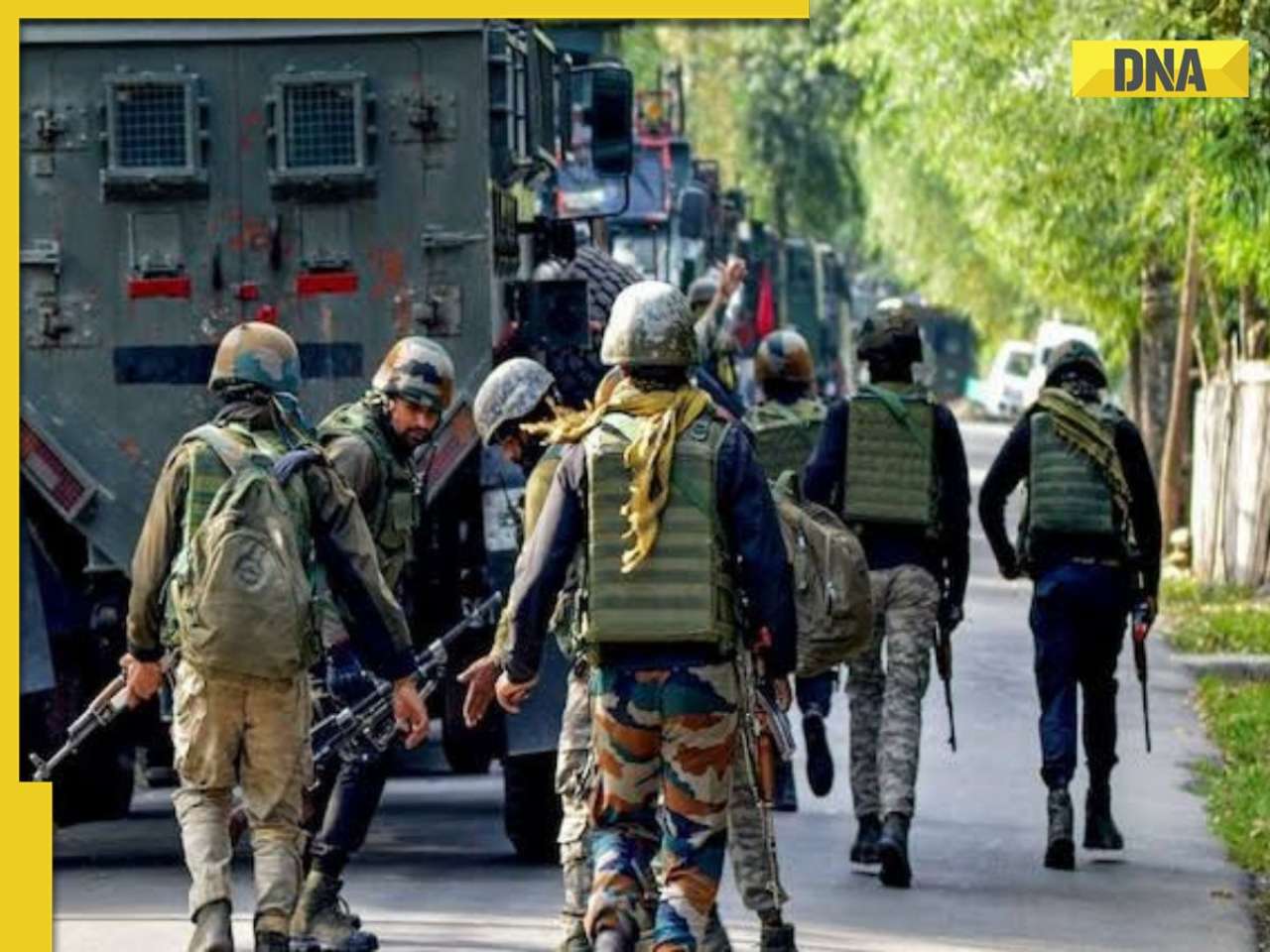

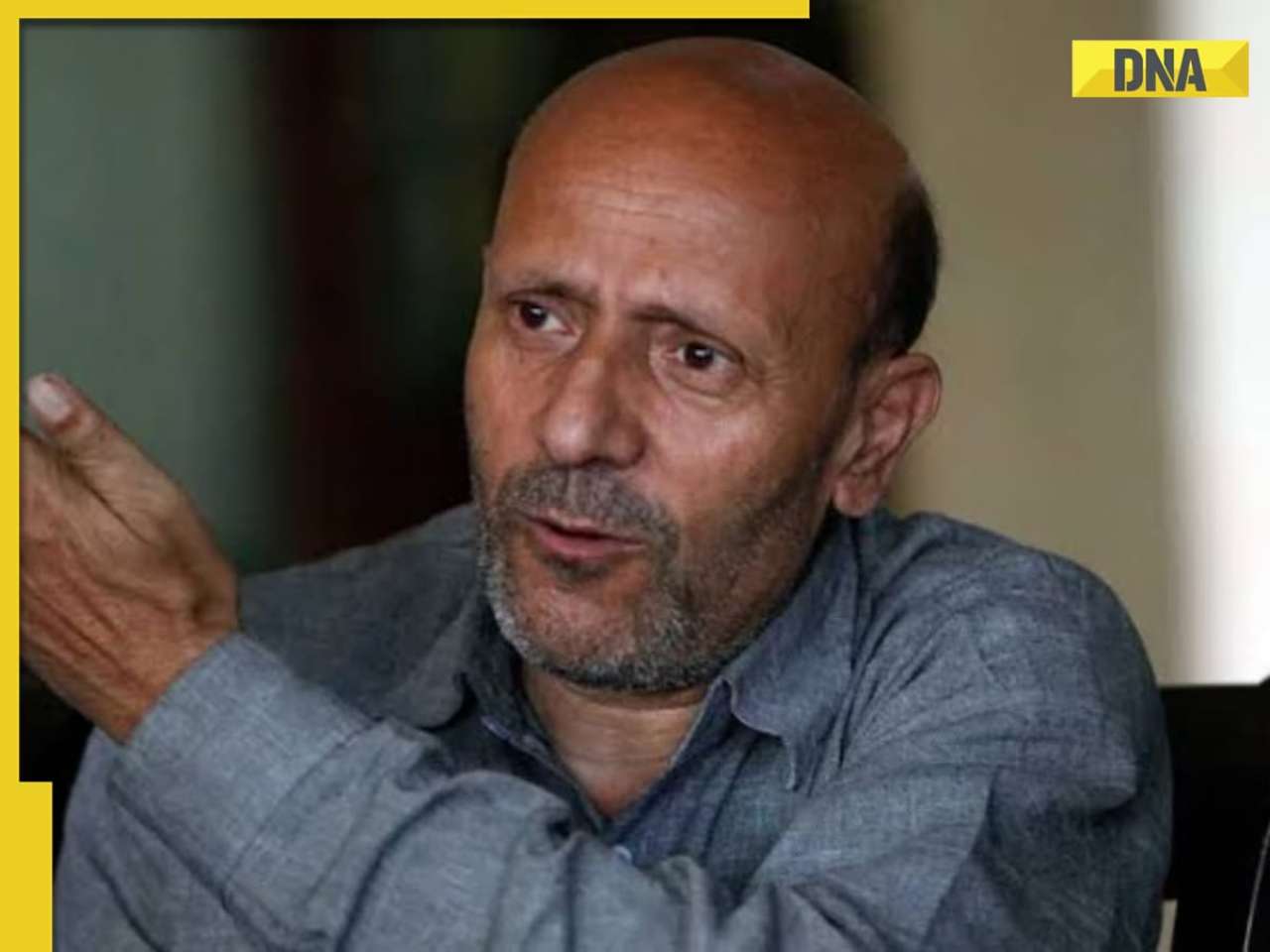

)
)
)
)
)
)
)
)
)
)
)
)
)
)
)





)
)
)
)
)
)